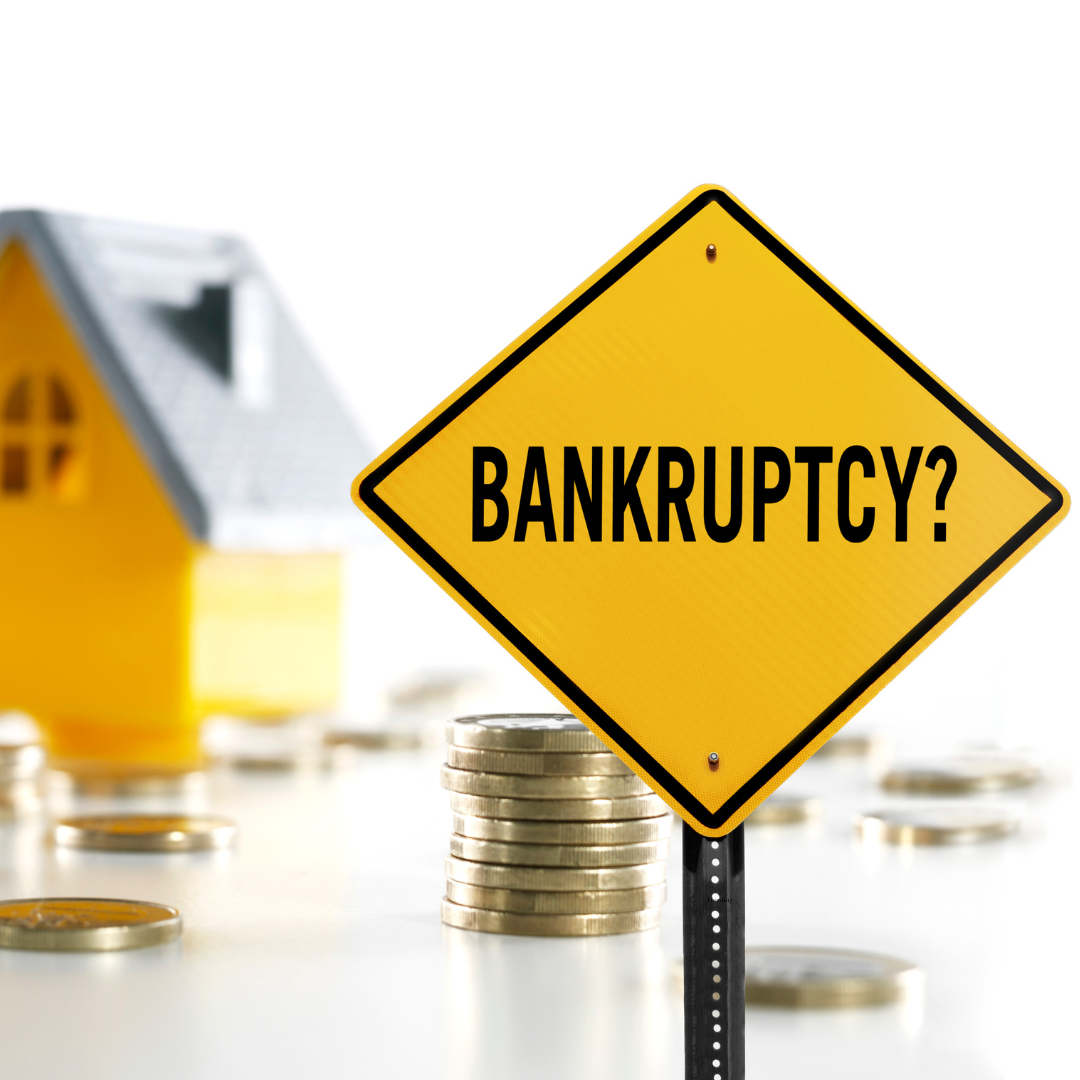
Navigating Bankruptcy and Insolvency in the UAE: A Guide for Businesses
Navigating Bankruptcy and Insolvency in the UAE: A Guide for Businesses
In the dynamic and competitive business environment of the United Arab Emirates (UAE), financial challenges are an unfortunate reality for many companies. Whether due to market shifts, economic downturns, or unforeseen circumstances, businesses may find themselves struggling to meet financial obligations. When financial difficulties arise, it is crucial for companies to understand their options under UAE law, particularly when it comes to bankruptcy and insolvency.
Understanding Bankruptcy and Insolvency in the UAE
Bankruptcy and insolvency are legal processes designed to address situations where a business is unable to pay its debts. While these terms are often used interchangeably, they represent different stages of financial distress.
-
Insolvency: Insolvency occurs when a business is unable to pay its debts as they come due. It is a financial state, not a legal one. When a company becomes insolvent, it must decide how to proceed—either by restructuring its debt, negotiating with creditors, or entering into formal insolvency proceedings.
-
Bankruptcy: Bankruptcy is the legal process that follows insolvency when a business seeks protection from its creditors and attempts to reorganize or liquidate its assets. In the UAE, bankruptcy proceedings are governed by specific laws that aim to provide a structured process for dealing with financial failure.
Modernization of UAE Bankruptcy Laws
The UAE has made significant strides in modernizing its bankruptcy laws, providing businesses with more protection and options when facing financial difficulties. The introduction of Federal Decree-Law No. 9 of 2016 on Bankruptcy (commonly known as the UAE Bankruptcy Law) was a landmark development in this regard.
Key features of the UAE Bankruptcy Law include:
-
Restructuring Options: The law allows companies to pursue restructuring plans to reorganize their debts and operations. This provides an opportunity for businesses to recover and continue operations without immediate liquidation.
-
Preventive Composition: This is a legal process that allows a debtor to reach a settlement with creditors before declaring bankruptcy. The debtor can propose a plan to repay debts over time, subject to court approval and agreement from the creditors.
-
Financial Restructuring Committees: The law establishes committees to oversee the financial restructuring of companies, ensuring that the process is fair and transparent.
-
Protection from Legal Actions: Once a company files for bankruptcy or enters preventive composition, it is granted protection from legal actions by creditors, allowing the business to focus on recovery without the pressure of ongoing litigation.
-
Liquidation: If restructuring is not feasible, the law provides a clear process for the orderly liquidation of a company’s assets. This ensures that creditors are paid in an equitable manner and that the business is wound down responsibly.
The Role of Commercial Law in Bankruptcy and Insolvency
Commercial law plays a vital role in guiding businesses through the complexities of bankruptcy and insolvency. Legal professionals specializing in commercial law can provide essential support in several areas:
-
Advising on Options: A commercial lawyer can help businesses understand their options when facing financial distress, whether it’s pursuing restructuring, preventive composition, or entering bankruptcy.
-
Negotiating with Creditors: Effective negotiation with creditors is crucial for any business facing insolvency. A commercial lawyer can represent the company’s interests, helping to reach favorable terms that might allow the business to recover.
-
Navigating Legal Procedures: The legal procedures involved in bankruptcy and insolvency can be complex. A commercial lawyer ensures that the business complies with all legal requirements, minimizing risks and potential liabilities.
-
Representing in Court: Should the situation escalate to court proceedings, a commercial lawyer provides essential representation, ensuring that the company’s rights are protected throughout the process.
Why Early Action is Crucial
One of the most important lessons for businesses facing financial difficulties is the importance of early action. The sooner a business recognizes its financial problems and seeks legal advice, the more options it will have. Early intervention can often prevent insolvency from escalating into bankruptcy and can provide the business with a greater chance of recovery.
Conclusion
Navigating bankruptcy and insolvency in the UAE requires a deep understanding of the legal framework and the options available under commercial law. With the modernization of its bankruptcy laws, the UAE has provided businesses with more tools to manage financial distress and, where possible, return to profitability. For businesses facing financial difficulties, seeking expert legal advice is crucial to ensuring that they can navigate these challenges effectively and protect their interests.

